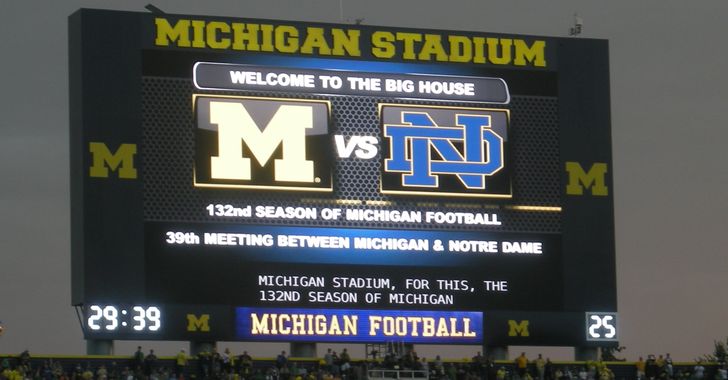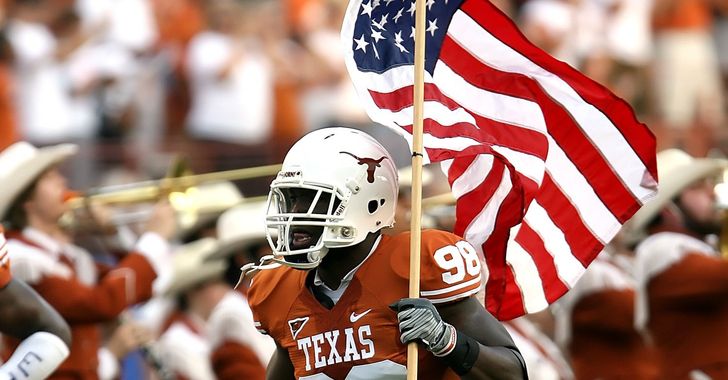In conversations about both the global economy and the United States' economy, the unemployment rate is something that's frequently mentioned. This year, the unemployment rate in the United States has fallen to 3.7%, the lowest it's been in almost 50 years. This percentage has been used in numerous contexts, whether it's to argue about the state of the economy, about the success and effectiveness of our current president, or about the need for action against economic inequality.
However, a low unemployment rate doesn't tell you everything you need to know about the economy, nor is it a proper argument against necessary changes to remedy the country's wealth disparity.
When the unemployment rate is measured, it only includes people who are unemployed but actively looking for a job. Those who are not available to work for various reasons or are not looking for a job are not included in this percentage. What the unemployment rate also doesn't tell you is how many of those who are employed are really making a living wage, how many people are still living in poverty, and how many aren't paid enough to boost themselves to the middle class. It doesn't tell you how many of those employed are working part-time because they're unable to find a full-time job.
The overall quality of life and the quality of jobs given to people need to be taken into account as well. It's easy to look at a lower unemployment rate and assume that more people are being given the dignity of being able to work and provide for themselves, but the unemployment rate doesn't provide information on working conditions or the quality of the jobs that people are working. At a World Economic Forum panel, Winnie Byanyima explains (at the 51:15 mark) that only looking at the unemployment rate disregards the poor quality of life of many people who are still considered employed, giving an example of an American woman who wears a diaper to work because she's not allowed bathroom breaks. As Byanyima says, "You are counting the wrong things. You're not counting dignity of people, you're counting exploited people."
Low unemployment rates don't immediately equate to a better quality of life for the newly employed, and they certainly don't mean that there isn't still work to do, especially regarding wealth inequality. We still need to acknowledge wealth disparity, as well as economic inequality between different demographics, especially minority groups. The unemployment rate is only one measurement of the economy, and it's not always the best one to use.









 Photo by
Photo by 









































